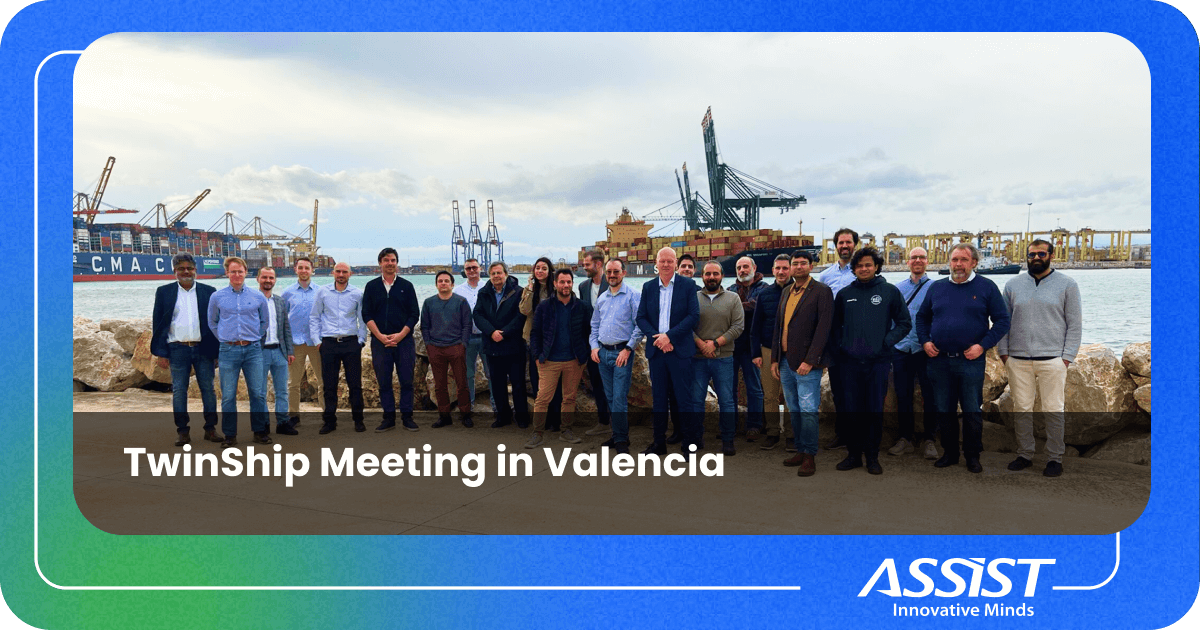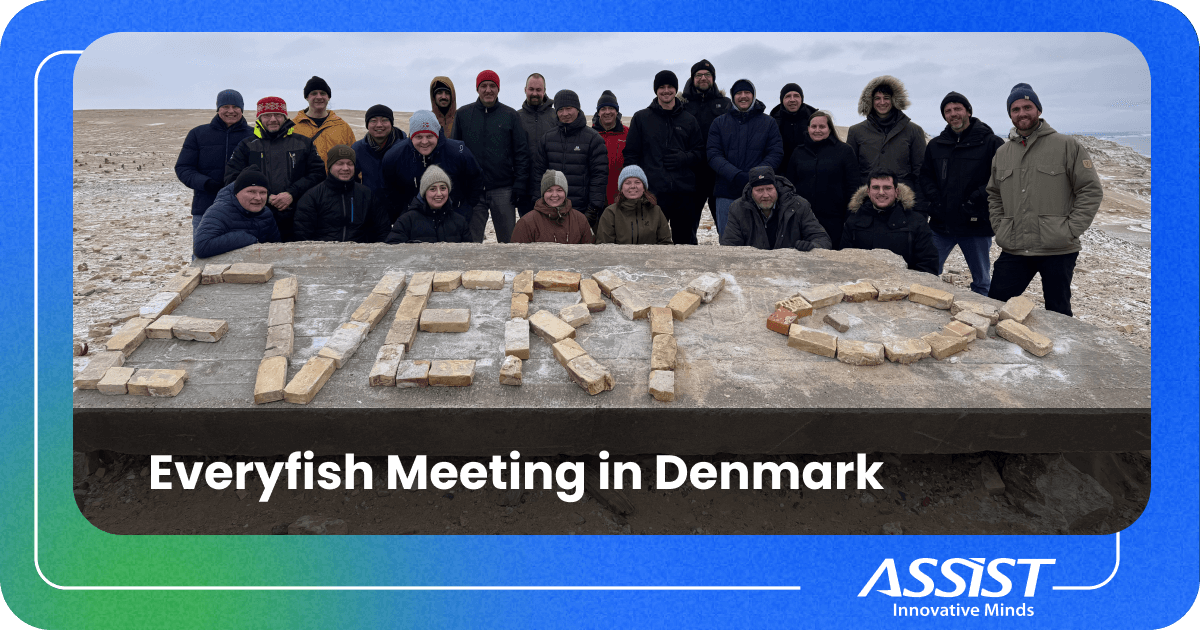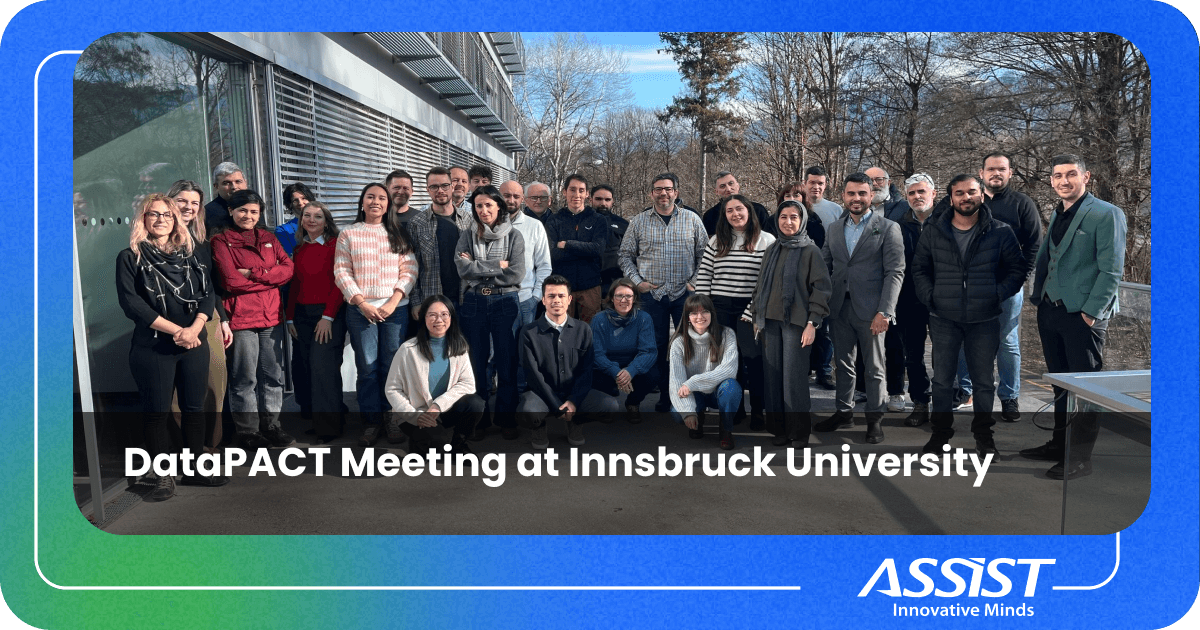ASSIST Strengthens German–Romanian Collaboration in Defence Tech and AI Innovation
On November 10, ASSIST Software participated in the Conference on Defence Industrial Cooperation between Germany and Romania, an event organized by AHK Romania under the patronage of the President of Romania. The conference brought together senior European officials, defence organizations, ambassadors, and technology leaders, with representatives from the German Federal Ministry of Economic Affairs and Energy and the German Embassy in Bucharest, to explore new opportunities for cooperation in a rapidly evolving security context.
Representing ASSIST Software were Gheorghe David (Co-founder & Managing Partner) and Gabriel Tironeac (Vice President of Innovation). The two engaged in discussions on the future of digital capabilities in defence, presenting the company’s expertise in AI-driven simulation systems, command-and-control platforms, digital twins, and advanced data-centric technologies.

Europe’s Defence Landscape Is Evolving
In recent years, Europe has seen a significant increase in defense investments, reflecting the need for stronger interoperability, resilient infrastructure, and modern digital systems. Many EU and NATO member states have raised their defence budgets at the fastest pace in decades, with Germany reaching the 2% NATO benchmark and expanding funding for innovation and industrial modernization. Romania continues to follow a similar trajectory, strengthening its position as a reliable regional partner.
This shift creates new opportunities for technology companies with strong R&D capabilities. ASSIST Software reinforces the value of developing defense solutions built around AI, simulation, data integration, and secure architectures, technologies that directly support operational readiness and mission-critical decision-making.
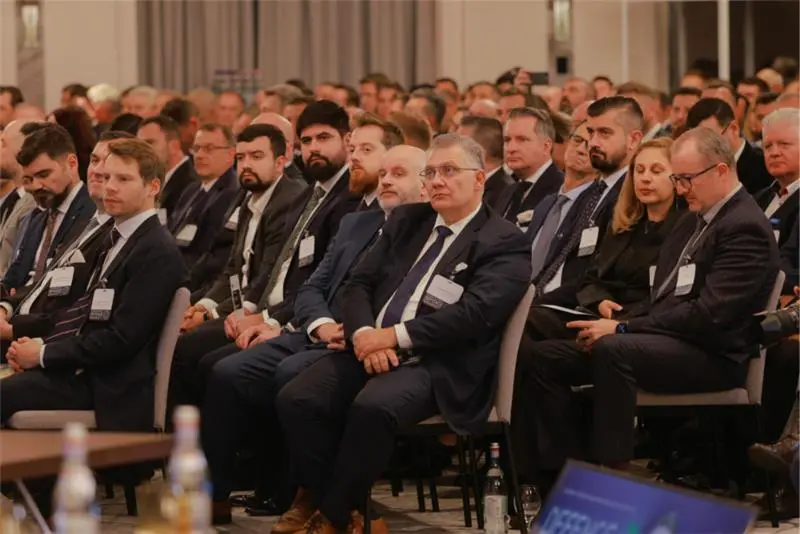
Strengthening Collaboration Between Germany and Romania
The conference underscored the growing alignment between Germany and Romania in defence priorities. Discussions covered joint R&D opportunities, modernization of defence technologies, secure digital transformation, and the importance of industrial cooperation within NATO and the EU.
For ASSIST Software, this context highlighted the crucial role Romanian engineering can play in Europe’s defence ecosystem. Our solutions, from simulation platforms to decision-support tools, demonstrate how innovation developed in Suceava can integrate seamlessly with the needs of European partners.

ASSIST Software’s Defence Technology Expertise
During the event, ASSIST showcased its ongoing work across several key areas. Our simulation and digital twin systems enable organizations to create realistic training environments and enhance mission planning. Our AI-powered decision-support platforms integrate real-time data to improve situational awareness. Our NATO-aligned software architectures ensure that our solutions meet the highest standards of security, reliability, and interoperability.
This expertise positions ASSIST Software as a trusted partner for defence organizations seeking to modernize their digital capabilities or integrate advanced technologies into existing infrastructures.
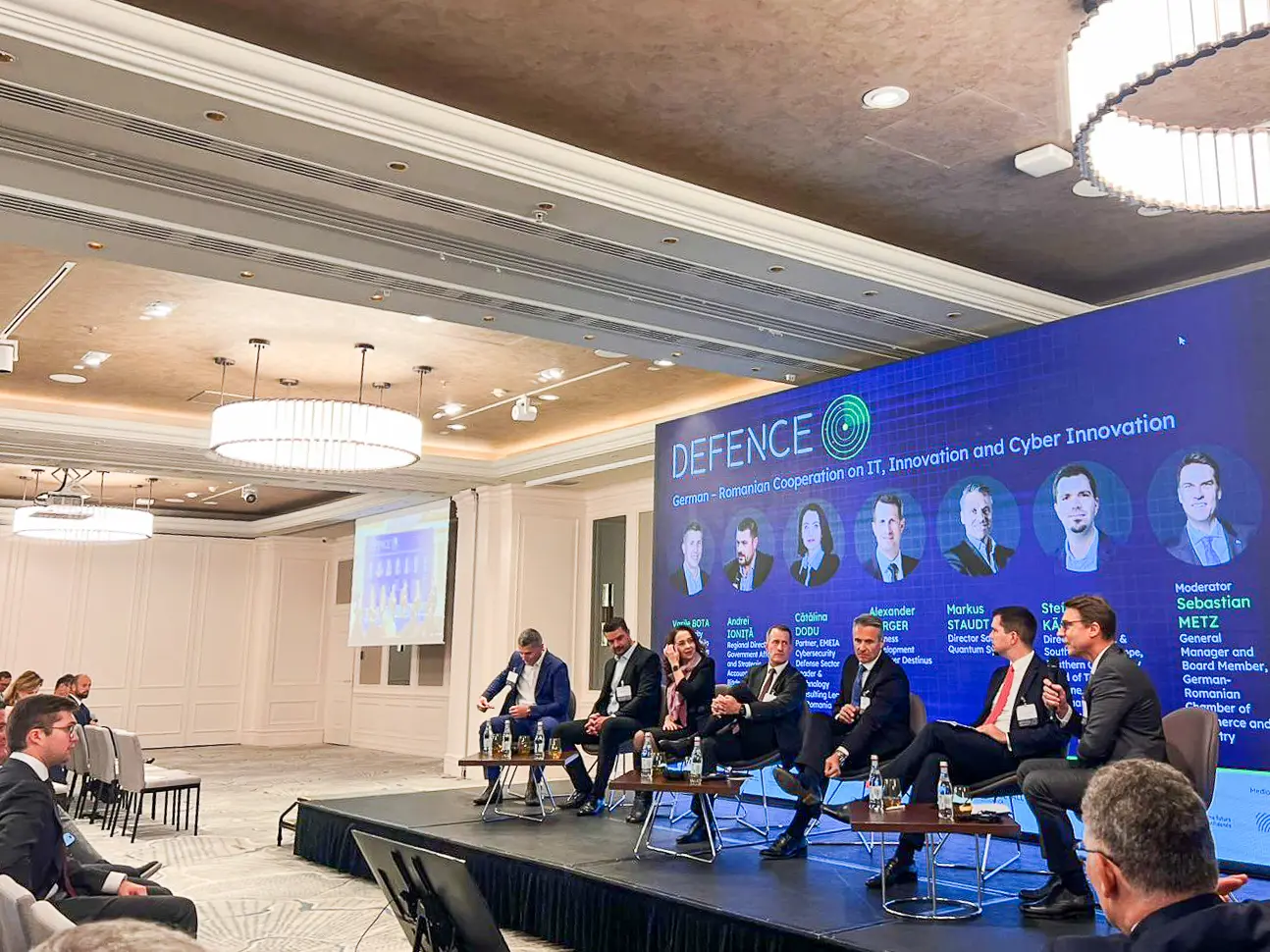
Expanding Our European Presence
ASSIST Software’s participation at the conference aligns with a broader expansion strategy in Europe. In 2025, the company opened a new office in Augsburg, Germany, strengthening its ability to collaborate directly with organizations in defence, industrial automation, manufacturing, and AI-driven innovation.
The new office enhances project coordination, accelerates development timelines, and supports long-term partnerships with clients across the DACH region.
Building a Connected and Secure Digital Future
ASSIST Software’s presence at the German–Romanian Defence Cooperation Conference reflects our commitment to contributing to Europe’s digital transformation in defence. By combining Romanian innovation with cross-border collaboration, we continue to support the development of secure, interoperable, and future-ready technologies for partners across the continent.

